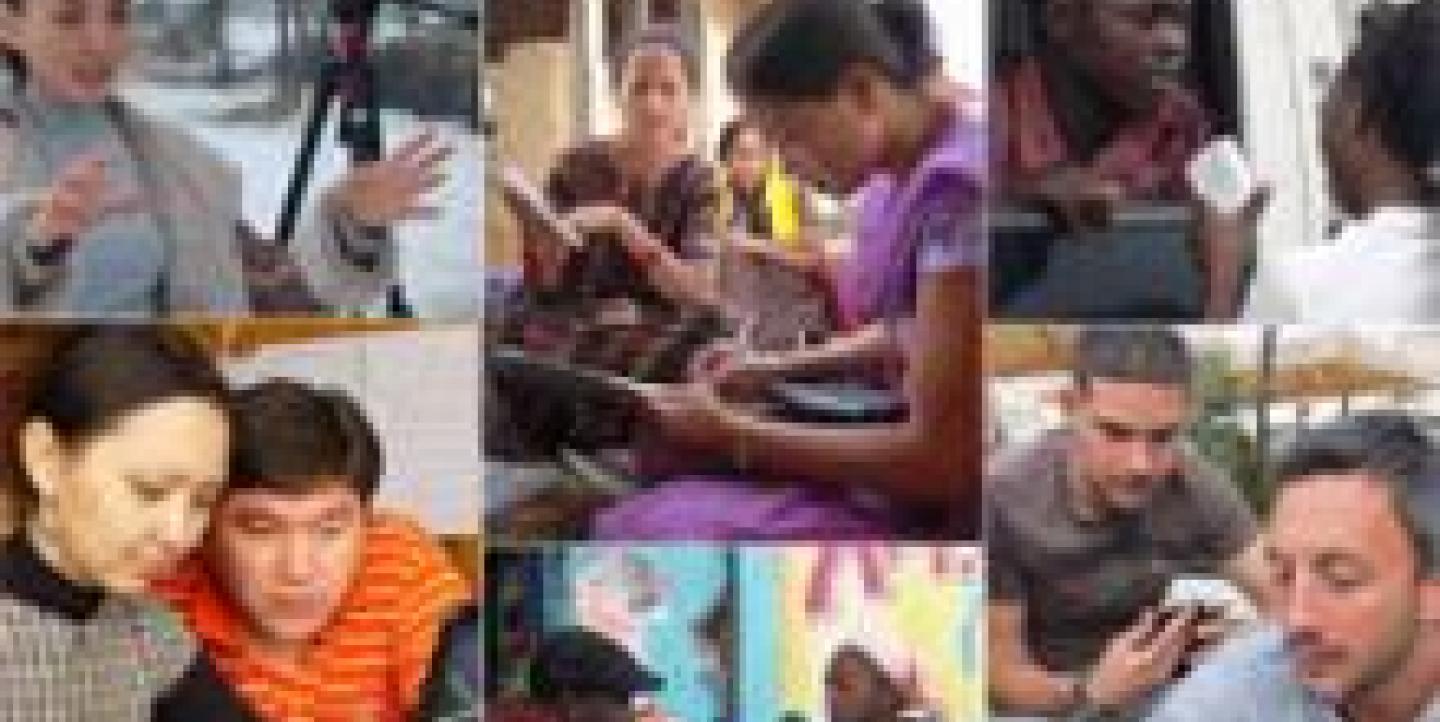Journalists covering human rights issues must find the balance between exposing corruption without fueling ethnic tensions.
Internews recently released a web resource titled "Speak up, speak out: A toolkit for reporting on human rights issues", including issues like gender violence, human trafficking and workforce exploitation.
Here are IJNet's takeaways.
-
Human rights stories are often controversial and more likely to feature anonymous sources. Because hidden sources can decrease credibility, try to quote them as little as possible, using the content as background information. Victims of violence are taking a great risk by sharing information with a journalist, so keeping their identity hidden is important. If a language barrier exists, try to find a translator that respects the interviewee and the situation, or have them sign a confidentiality agreement.
-
Interviewing perpetrators of violence can be difficult, but it's crucial to show all sides of a story. Be open about being a journalist, explain who you're working for and what information you seek. After taking safety precautions, it's best to interview these sources alone. Never promise favorable coverage in exchange for an interview. Lines can blur between perpetrator and victim, as the accused have probably been a victim at some point in the past. Frame the situation as a human issue, not merely along ethnic or national lines.
-
When interviewing trauma survivors, try to remain as neutral as possible in all aspects - your clothing should be free of religious or national emblems and avoid phrases with religious connotations or those that may sound patronizing. Be calm and attentive. Maintain eye contact and keep your emotions in check.
- Mobile and wireless technology has made it easier for journalists to report from the field, but it also places them at greater risk if they don't cover their digital tracks. Check out these downloadable PDFs from FrontLine, SaferMobile and more for tips on storing information securely, communicating with sources safely and evaluating your digital habits.
_The free PDF download of the guide is available here. French, Arabic and Spanish-language translations are planned for the future._

